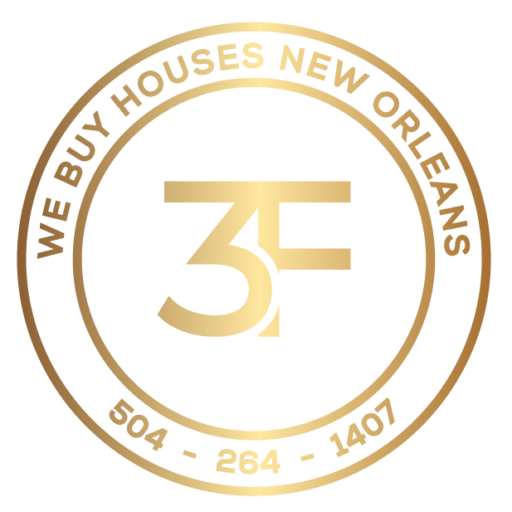Code enforcement violations can have a significant impact on the selling of a house. Code violations refer to any breaches of local building codes, zoning regulations, or safety requirements that the property fails to meet. These violations can range from relatively minor issues, such as a broken fence, to major problems, such as unsafe electrical wiring or structural issues. Here’s how code violations can affect the selling of a house:
- Legal Concerns: Code violations can lead to legal troubles for the homeowner. Local authorities may issue fines, penalties, or even demand repairs or improvements before the property can be sold. If the violations are severe, it could result in the property being condemned, making it illegal to sell until the issues are resolved. In addition to potential daily fines that code enforcement can and does levy on properties, if the the property is in severely poor condition code enforcement has the ability to force an emergency demolition. Usually the removal of the structure decreases the value of the property and then they will put a lien on the property for the cost of the demolition so you get hit from both ends.
- Delays in the Selling Process: Resolving code violations can be time-consuming, potentially delaying the sale of the house. Homeowners will need to address the violations before listing the property, which could take weeks or even months depending on the complexity of the issues. Often times fines can be reduced significantly but not until the violations are corrected. If this is something simple like cutting the grass then it’s not a big deal but if it is more serious stuff it can be in the thousands of dollars to correct plus having to go through the hassle of hiring a contractor to perform the work.
- Reduced Buyer Interest: Code violations can deter potential buyers from considering the property. Buyers are often wary of investing in a property with existing problems, as it may require additional time and money to rectify the issues after purchase. A professional home buyer who has experience with properties that need work is usually your best bet as far as the buyer pool goes. They know how to navigate through the code enforcement liens themselves as well as getting the work done after they purchase the property. Most banks and lending institutions are not going to lend money on a property in the form of a mortgage if the property is in disrepair, so traditional home buyers will not be able to purchase the property unless they use cash or have experience and a private lender.
- Impact on Property Value: Code violations can lead to a decrease in the property’s value. If the violations are not addressed, the property may not meet safety or habitability standards, reducing its market appeal and making it less desirable to potential buyers. The fines that they put on the property can add up quickly. New Orleans can go as high as $500 per day for 30 days max…that’s $15,000! So again, not only is your value decreasing but your debt is increasing.
- Negotiation Power: Buyers may use code violations as a bargaining tool to negotiate a lower price for the property. If the homeowner is unable or unwilling to address the violations, buyers may demand a discount to compensate for the additional costs they will incur to resolve the issues themselves. It’s the only fair way. Either that or you have to fix the issues prior to sale.
- Disclosure Requirements: In many jurisdictions, sellers are legally obligated to disclose known code violations to potential buyers. Failure to disclose such issues can lead to legal repercussions and potential lawsuits from buyers who discover the problems after the sale. Fortunately Louisiana has an as-is with waiver of redhibition clause that protects sellers after the sale is complete. That being said, there can still be potential issues if the seller was aware of issues and intentionally hid them from the buyer.
- Difficulty in Obtaining Financing: Most lenders will be hesitant to approve a mortgage for a property with unresolved code violations. Most traditional lenders will not lend on properties in need of repair. The average person is simply not experienced enough to deal with home renovations and that creates risk for the lender. This can severely limit the pool of potential buyers who can secure financing to purchase the property.
Homeowners should proactively address any code violations before attempting to sell their house. Hiring a professional home inspector or building code expert to assess the property’s compliance can help identify and resolve potential issues. By addressing code violations upfront, sellers can avoid potential legal troubles, attract more buyers, and potentially fetch a higher selling price for their property. That’s the simple answer. The more complex answer is more the reality. What if you live in another city and inherit a house with code enforcement issues? What if you can’t afford to have repairs done? If you are dealing with a house that has physical distress and considering selling it, whether code enforcement is on your tail yet or not, it’s advisable to work with a professional home buyer. Owner occupant buyers and those buyers not experienced with repairs and renovations are going to be unlikely candidates to purchase a home in need of repairs. Additionally, most banks will not lend on properties in such a condition so unless buyers have their own cash to purchase the house with you may end up wasting a lot of time. If you have a house you are thinking about selling, or just have questions about us, the process, etc, fill out a form at www.nolabuyshouses.com or give us a call at 504 264 1407.

